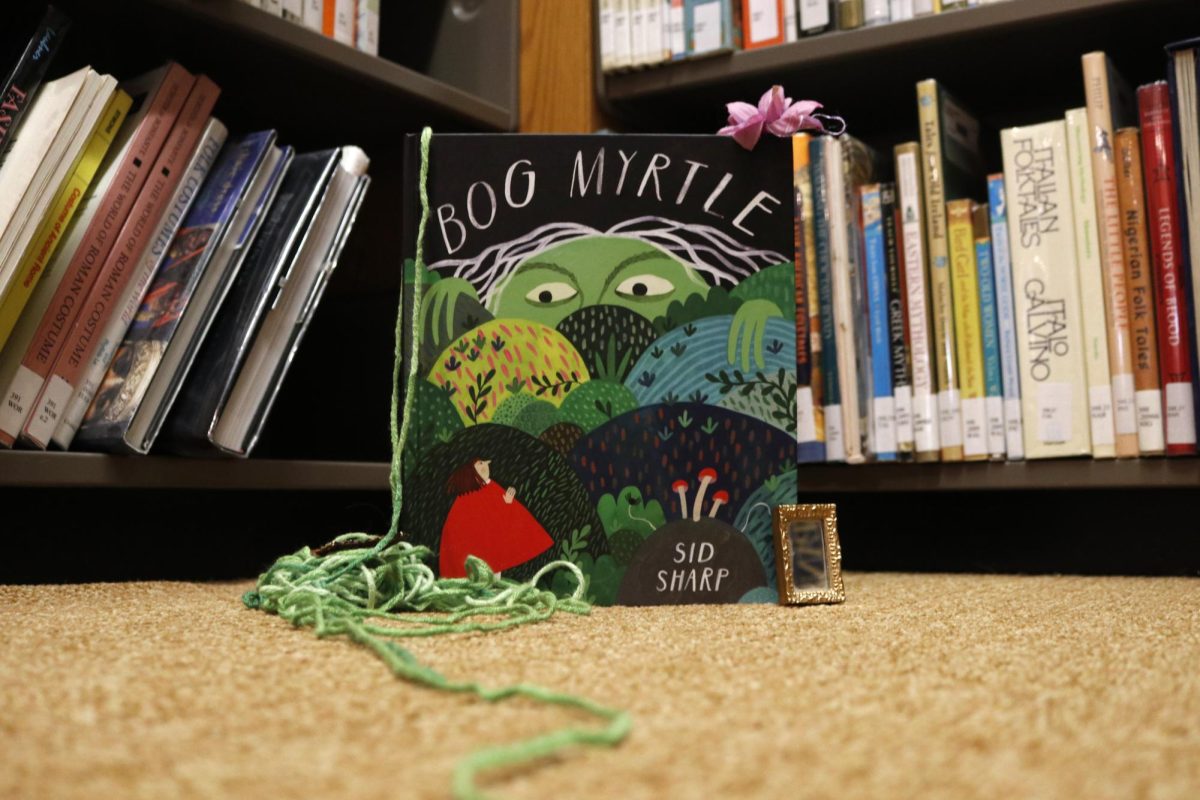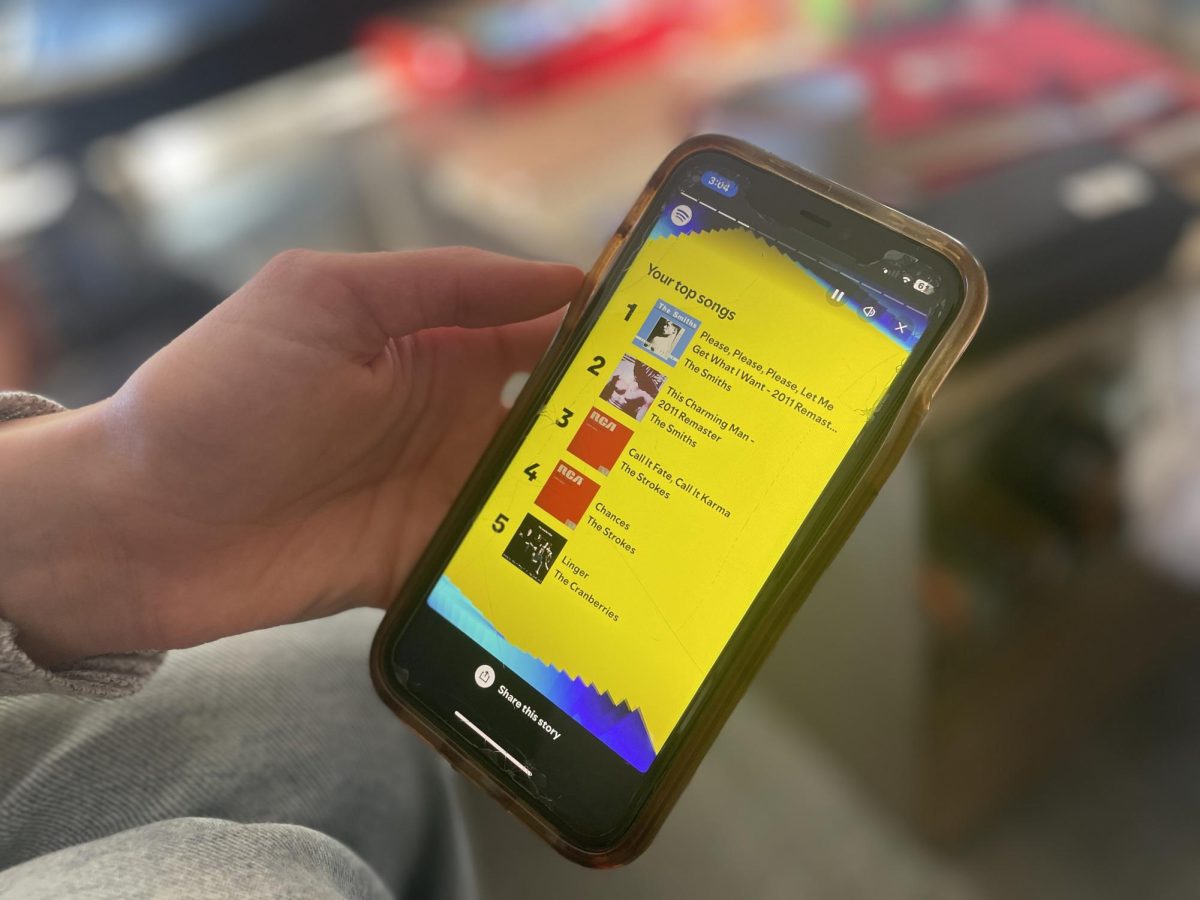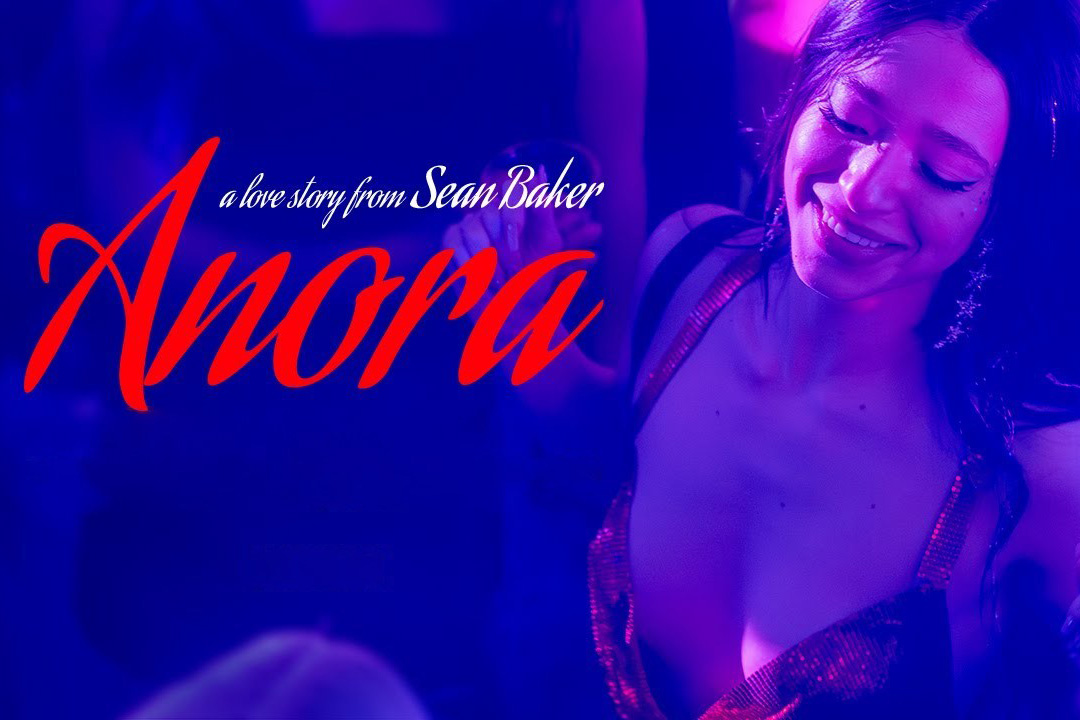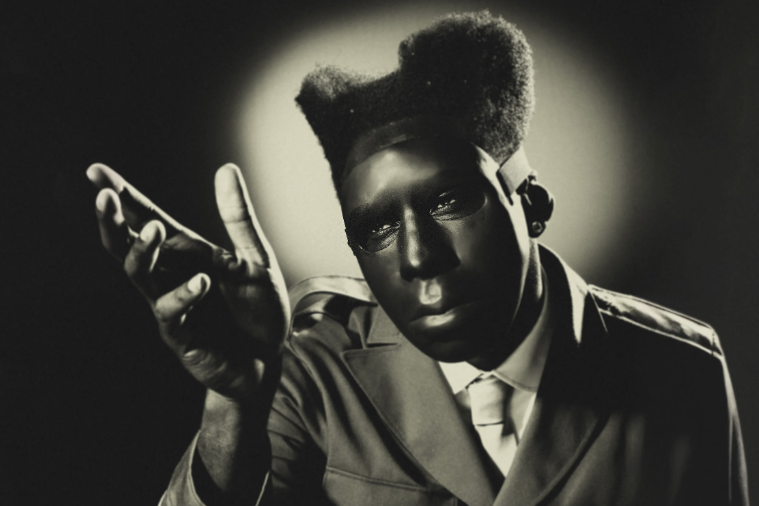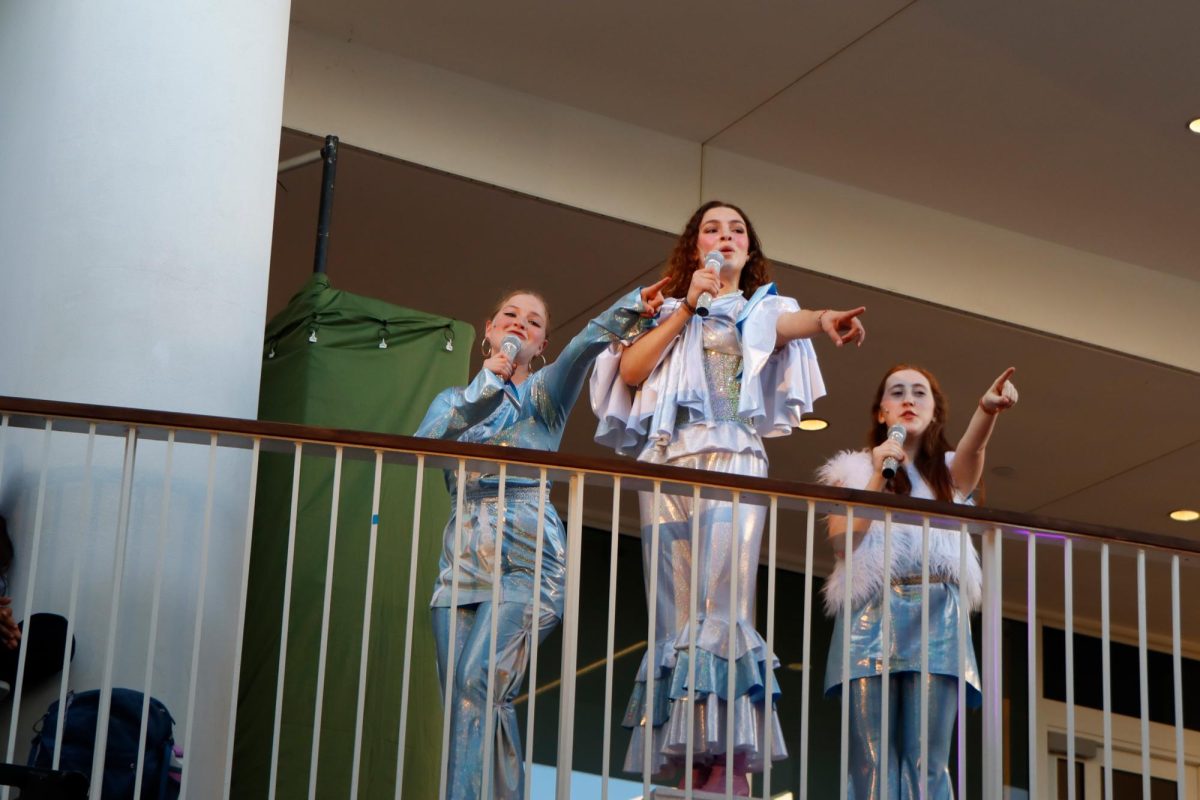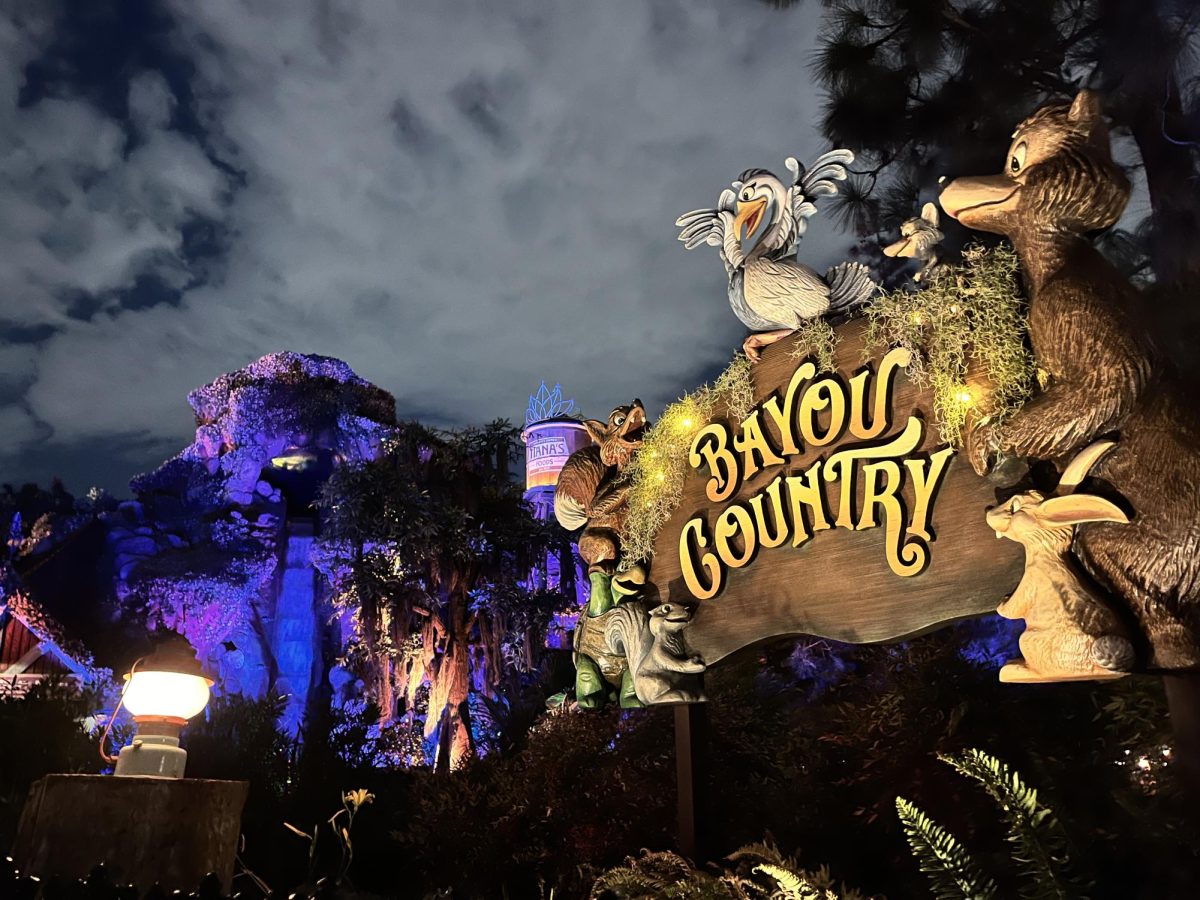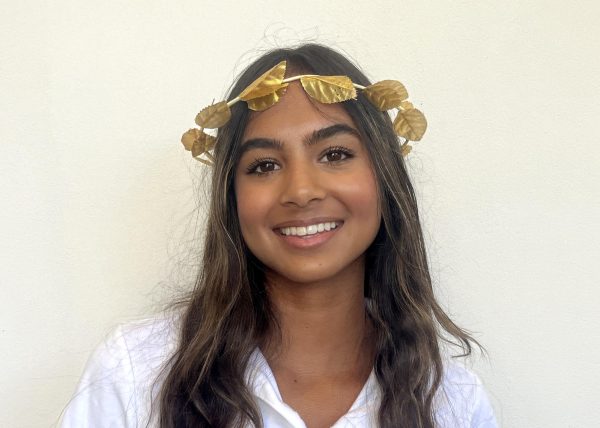Every Tuesday morning, Francie Wallack (’25) excitedly drives to school in anticipation of her friends’ weekly debriefs on the newly released episode of “The Bachelor,” her favorite reality TV show.
“The Bachelor” is just one of many popular reality TV shows filmed in Los Angeles. Reality TV shows have long been a part of Hollywood’s entertainment industry.
After graduating from college, English teacher Lauren Sekula worked 70 hours a week as a writer on the reality TV show “Queer Eye for the Straight Girl,” a spinoff of the original “Queer Eye for the Straight Guy.” While the show was not scripted, Sekula said, the crew often influenced storylines.
“It wasn’t scripted in the ‘This is what you’re going to say, and this is what you’re going to talk about,'” Sekula said, “but you had a dossier of their backstory. When you’re talking about it in the car ride on the way there, we were told to make sure to hit certain points during it. You craft this story based on not only what that person’s background is, but also what the the expertise of the cast was.”
Junior Miya Nambiar is currently watching “Love is Blind,” and she said she finds the drama and conflicts entertaining.
“The writers of these shows have come up with the craziest ideas that no one would have thought of and then do a show on it,” Nambiar said. “I think it’s really fun to see how it plays out. It keeps you entertained when there’s a plot twist and so much drama. The show is so bad but in a good way.”
There are several common archetypes present in reality TV, such as the “villian” and the “sob story” with over-the-top personalities. Sekula said people auditioning for reality TV are aware of these roles and oftentimes try to fit into them in order to be cast.
“You go through a normal casting process that you would for acting. They’re not given scripts per se, or slides, but you’re asking them questions about themselves,” Sekula said. “So you’re still casting it as if you were casting a fictional episodic show. I think people know when they are auditioning that the cast directors are looking for somebody who’s maybe over the top or trying to fill a certain role.”
Wallack said she is a huge “The Bachelor” fan and finds comfort in reality TV. Both she and Nambiar frequently play reality shows in the background while they complete different tasks, such as homework.
“For me, it’s just mindless TV. You can tune into different episodes, and you don’t need to watch them in order necessarily,” Wallack said. “I can watch it and multitask. It’s definitely a comfort show because you can just kind of watch it in any state. You don’t need to be in a specific mood to watch it, and it’s just simple TV.”
Sponsors and product placement have significant importance in reality TV shows. Product placement is a marketing technique where a company’s product or service is showcased to promote engagement and company sales.
“Product placement was made huge by ‘Queer Eye for the Straight Guy.’ It was really the first time products were really naturally embedded into story-making,” Sekula said. “It was the way that you made money for your episode and could pay for things beyond what the network was paying you. So, that was such an eye-opener for me to see the inner workings of it.”
Sekula said she is grateful for her experience on “Queer Eye for the Straight Girl” because she was inspired by the women who she worked with in storytelling. Prior to her experience in the entertainment industry, Sekula said, she did not realize the copious amount of behind-the-scenes work that goes into producing reality TV.
“What was really cool for me to see as a young person, like straight out of college, was that there were a lot of women working in the storytelling. There were predominantly men in the executive positions, but so many women storytellers in the writers rooms,” Sekula said. “It was still really cool to be in a room full of women as a young person trying to make my way in that world.”






